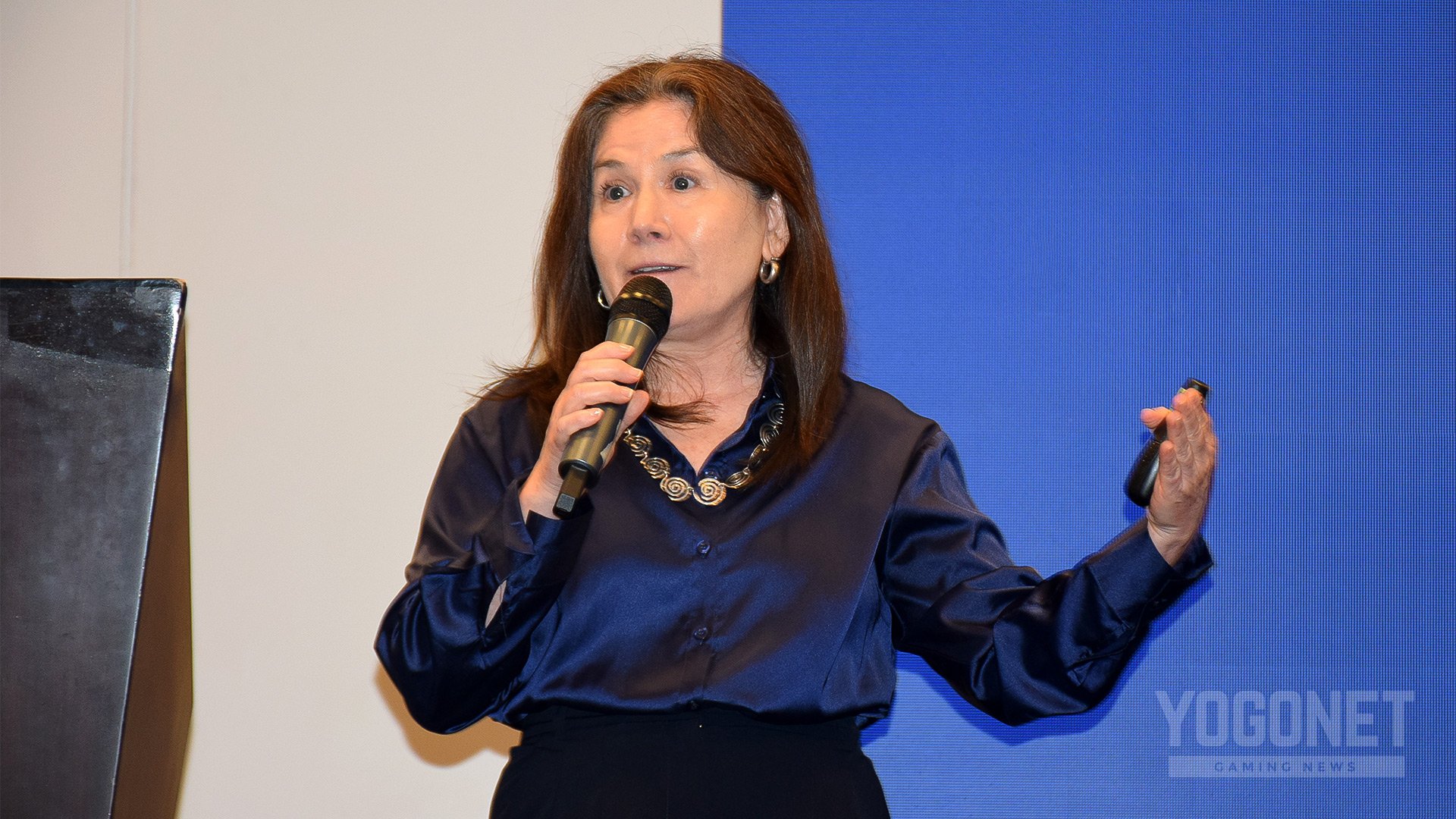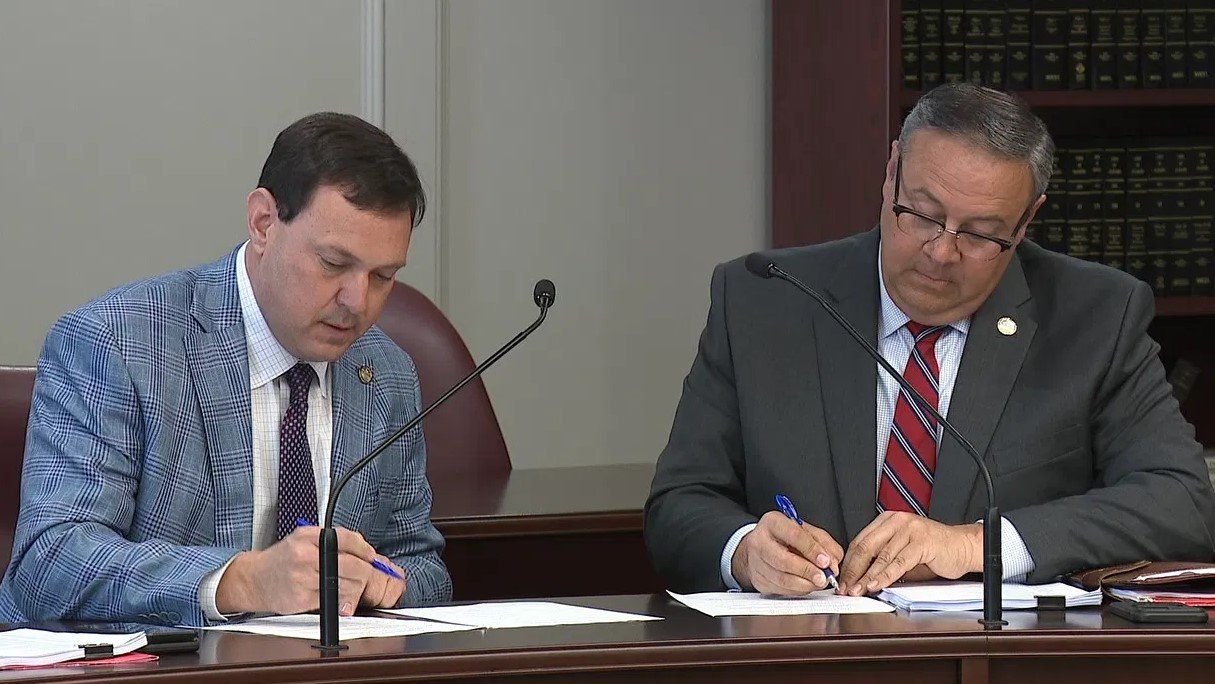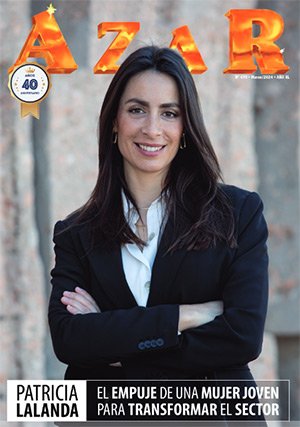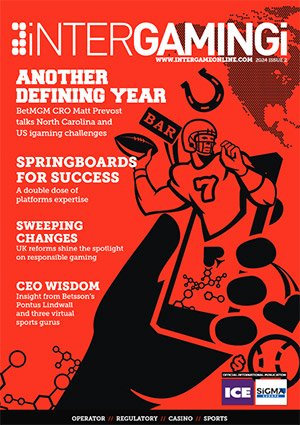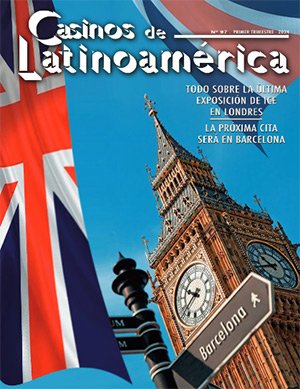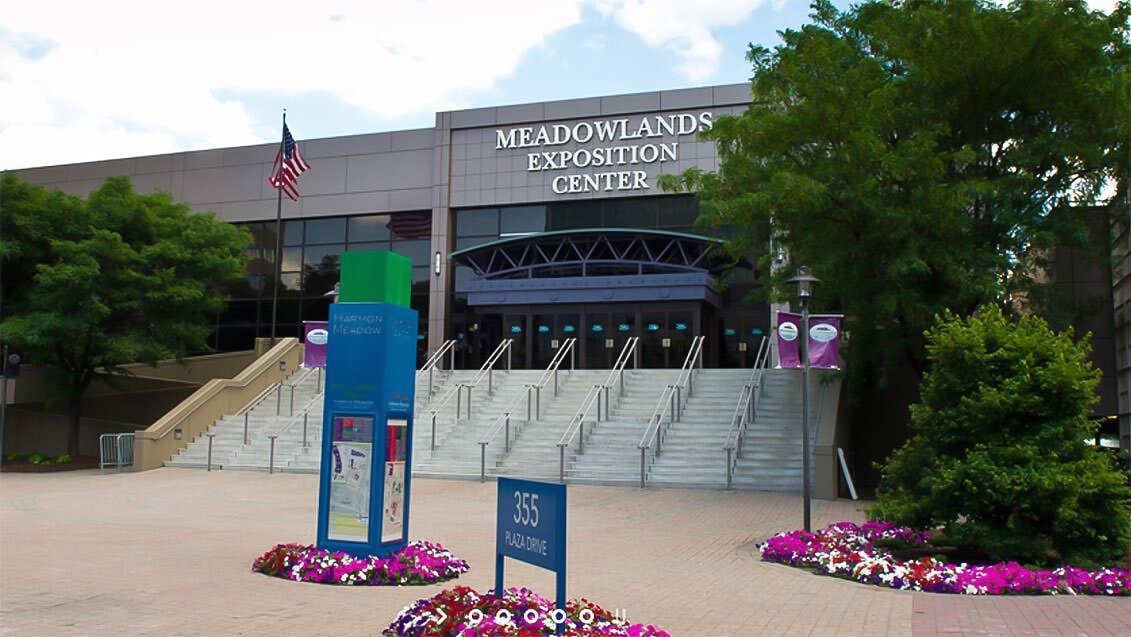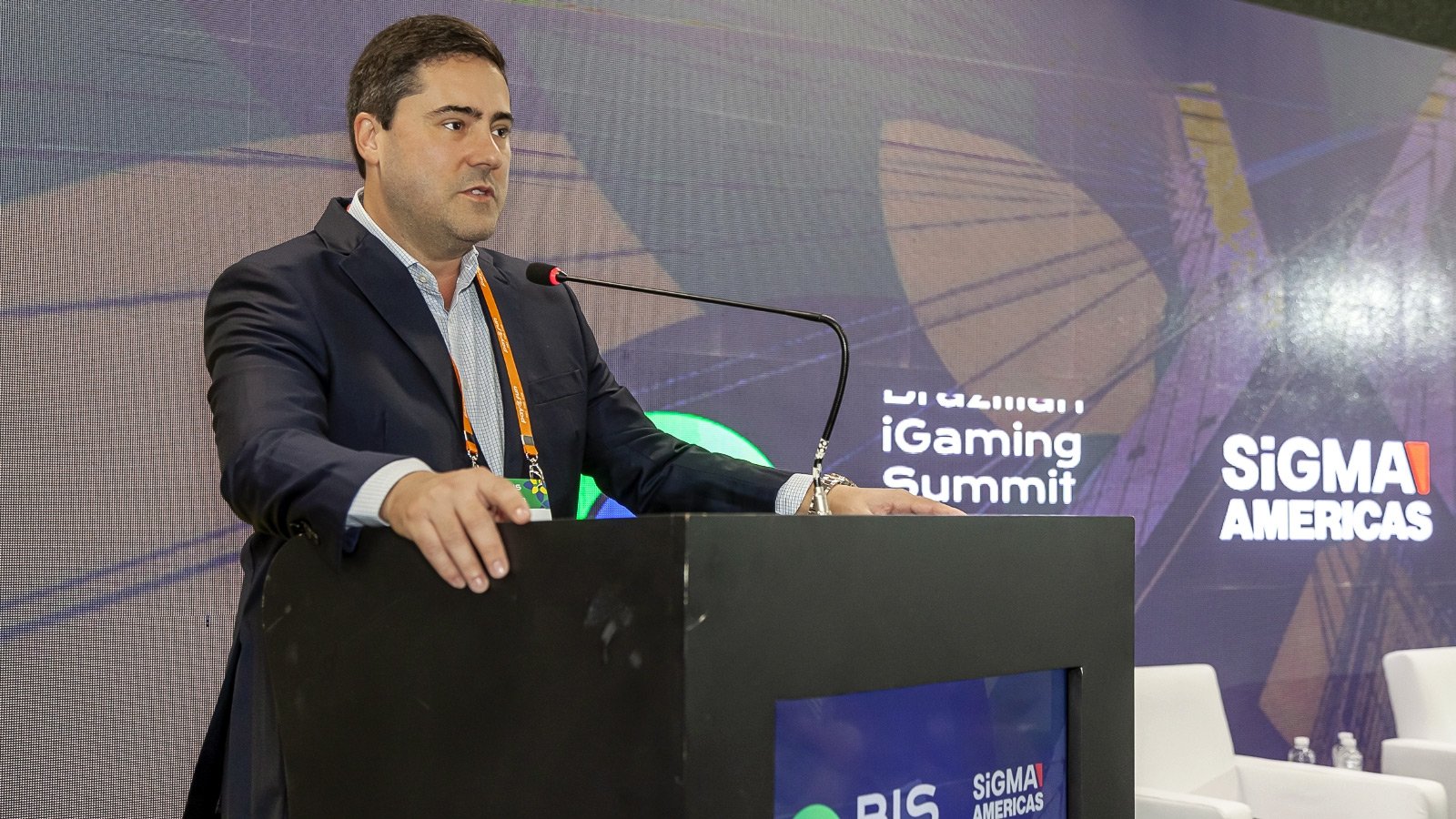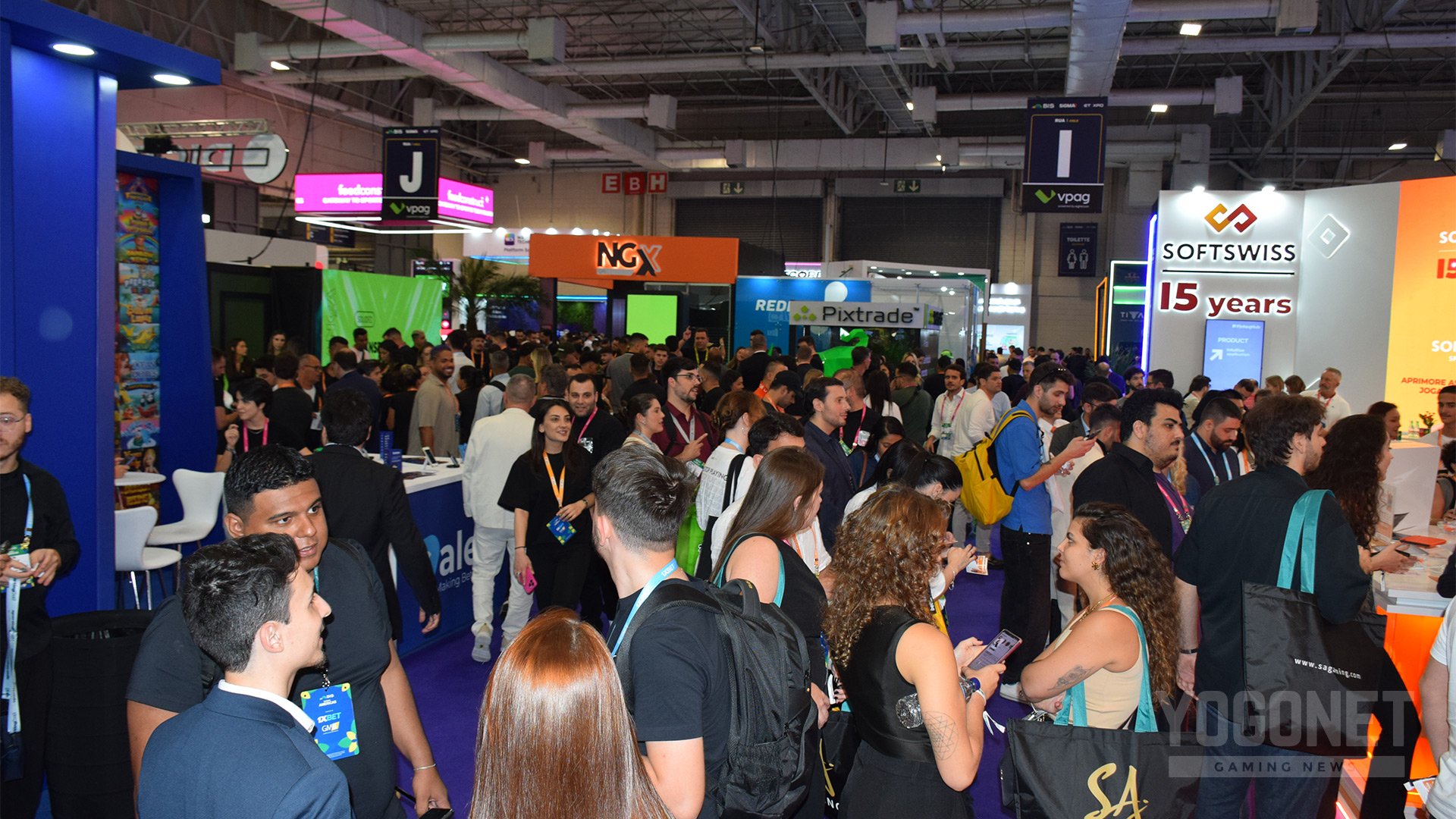"Ensuring that public health officials understand our business has been the biggest challenge"
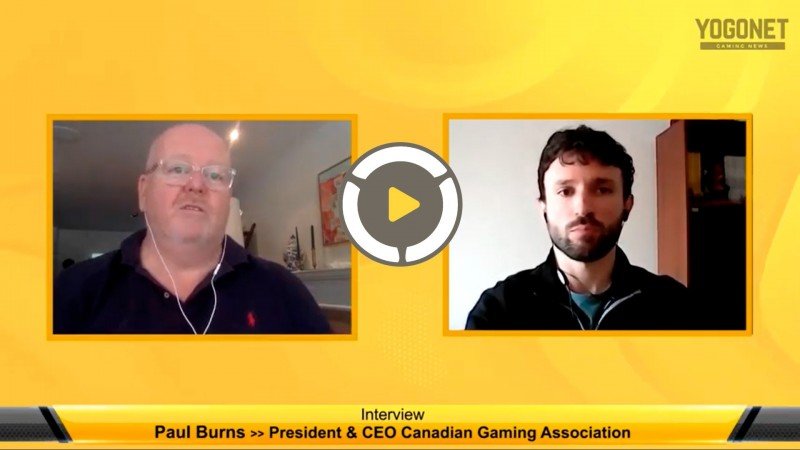
"It's been a slow reopening," Paul Burns, President & CEO of the Canadian Gaming Association tells Yogonet in a video interview, in describing the current situation of the Canadian casino industry.
After being closed in many parts of the country in mid-March due to the COVID-19 pandemic, the reopening process started with Alberta, Saskatchewan and Manitoba, where no table games are available yet, though "Alberta will soon be moving to begin opening table games," according to Burns. Loto-Quebec also reopened casinos, creating a system of 250-person pods within the gaming facility to control crowds and spread of people. "It's been a different experience in Quebec. I think the customers have been getting used to the new experience." He said the openings have gone well in these jurisdictions. British Columbia and Atlantic Canada are still closed, and the CGA expects those jurisdictions will reopen in the coming weeks and potentially a couple of months. "We hope to see some larger scale reopenings coming in the other provinces in the coming weeks."
"I'm hoping that sometime in October, by October we will see most of the country reopened," Burns says. "I think that obviously operators need time to prepare the facilities once they've given approval. But I think we're going to see movement in Ontario, Atlantic Canada in the coming months. I think British Columbia may be a bit slower, but we're trying to explain to everybody our industry is well prepared to ensure we have safe environments and we're doing a great job at it, and our very robust plans."
In Ontario, at this point some casinos have decided not to open because they were only allowed to open with a capacity limit of 50 people at one time, "which made it financially unviable for most facilities," Burns says. "The association has been working with jurisdictions and various levels of government to advocate on behalf of the industry to ensure that public health officials understand our business, understand that we actually are very well positioned to implement enhanced cleaning and operational procedures because of the regulatory nature of gaming. We're a highly regulated business. So it's nothing new, it's just very different types of policies, obviously."
"We're getting to a point now where we hope that there's a turning point, that we can see an increased capacity limit in some form or fashion that comes in Ontario. But we've still got a ways to go. And unfortunately, just making sure that public health officials understand how the facilities operate, what they look like, and the work that we do, that's been the biggest challenge," he says. Burns notes that the Alcohol Gaming Commission of Ontario and OLG have been very supportive of the industry, and the work has been positive with them. "But unfortunately in Ontario, the public health officials have been given most of the control and the final say."
Furthermore, Burns says the jurisdictions that have reopened the VLT (video lottery terminal) business, whose networks are present in 8 provinces, have seen a strong return to business. In the case of the casinos, he says it was good as well, relative to capacity limits, with business in excess of 50 percent of previous levels, though in many cases they're working with less than 50 percent capacity. He sees the financial picture "trending in the right direction."
CGA President and CEO says many of the companies have been surveying their customers through this period. "And the customers are saying, 'We want to come back, we want to come to the facility. We know that you're going to make it safe, we want you to make it safe for us.' And we've got most parts of the country under mandatory mask provisions in the casinos, and customers are quite comfortable with that. So the companies are seeing that there is demand, and people want to get back to doing things they had done previously. And we're no different in terms of many other activities that people want to return to."
Regarding the various impacts on revenue, the Ontario Lottery and Gaming Corporation released a revised profit figure for the year, which is about 25 percent of what they did last year, Burns says. He adds that the federal government has been "very good with a wage subsidy program, which has been great for those who have reopened, who have been able to take advantage of a 75% wage subsidy for employees returning. Those that aren't open haven't really been able to take advantage of it, so that's been a challenge. And we hope that it's in place now until the end of the year. So we're confident that if we get open, everybody can take advantage of that." Other supports and other financial incentives are being talked about at this point in time, he says.
Moreover, The Canadian Gaming Association has been working for several months on a cashless wagering standard for the industry in Canada. "It's a project we actually started pre-Covid, and we've been working with regulators and those in the fintech space to bring a cashless standard, because there was a strong appetite to see cashless alternatives in the gaming environment. So we've almost finished that process. We're in a public consultation phase on the standard right now. And that's one of the things when the companies have been surveying and asking their customers, they've asked them about cashless payment technology and customers have been asking about it, so we know that there's a demand."
Burns says regulators have been cooperative with them in the process, and now operators are evaluating technology. "Quebec brought in a no-touch table environment. They've deployed technology to allow people to do buy-ins and receive a voucher off the table based on their play. So this accelerated adoption quite quickly. And we've seen the state of Nevada bring in their cashless standard, and I think we're going to see it move fairly quickly in many parts of the country."
The proroguing of the Canadian Parliament has further delayed the single sports betting legalization process, which has been a 10-year battle for the CGA and for Burns. "This time the bill never really got started because parliament hasn't sat very much. It was introduced in February, just before Covid. So actually we'll go back to where it was when the parliament resumes in September in terms of its place in the order paper. So we're confident it will come up this fall."
"We've been talking to the government over the last several months about finding other alternatives. We see it as a strong signal for them to send to our industry and the greater hospitality industry, that bringing a new product coming out of Covid would be ideal. It's a demand, it's obviously what customers want," Burns says. He notes that Canadians wager about 500 million dollars on the current sports lottery products, but they spend 15 billion dollars through illegal bookmaking operations or offshore operators. "So we're confident that we'll actually repatriate a lot of those funds. And that's what we're trying to say." Burns says nobody in Parliament disagrees with those driving the legalization efforts, but they just haven't found the means to get it done.
"The province of Ontario is looking to move forward with creating a regulatory regime for online gaming, an open license and taxation system for online gaming in the province of Ontario, which when combined with sports wagering would provide a very robust marketplace in the country for companies who are in the online space to come and be licensed, sportsbooks to come and be licensed and to offer their products and just be taxed."
Watch the full video interview with Paul Burns, President & CEO, Canadian Gaming Association.




